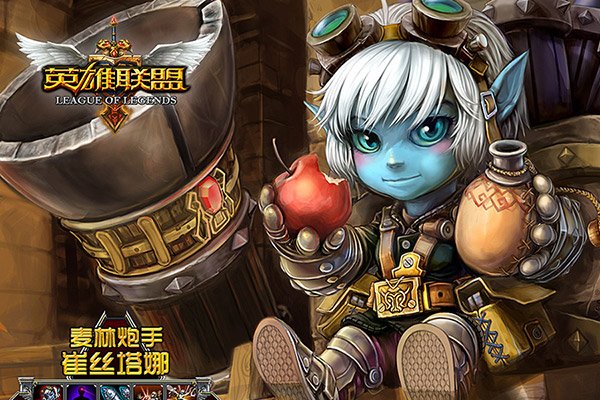
The Chinese government is finally approving licenses for video games once again, with 80 titles confirmed for release, according to Bloomberg. However, two of China’s biggest gaming publishers are missing from the list: Tencent and NetEase.
On Dec. 29, 67 mobile games, six PC games, and one console game were all approved for publication in China, ending a nine-month freeze on gaming licenses from the national government since March 2018, according to Niko Partners. Small and medium-sized Chinese publishers populated the list approved by China, causing the Wall Street Journal to speculate that China is throwing a “lifeline” to smaller gaming companies that have “struggled since the freeze.”
Tencent and NetEase’s missing appearance follows ongoing concerns over both companies’ financial stability in the gaming market amid the Chinese government’s freeze on licenses. In Tencent’s case, the company lost $200 billion from its market value since last January and reported its first profit drop in nearly a decade, according to Bloomberg. The publisher went through company restructuring in Q4 2018 after the licensing shutdown. Meanwhile, NetEase’s shares dropped by 11 percent in early August 2018, although CEO William Ding claims NetEase wasn’t affected by government restructuring amid the game licensing freeze, according to a separate report from Bloomberg.
Granted, while Tencent and NetEase aren’t part of the current approved games, Jefferies analyst Karen Chan believes both companies will “benefit as the dust settles,” according to Bloomberg. Both companies have since diversified their role in international markets, with both Tencent and NetEase turning an eye to the mobile Japanese gaming market.
While China solely approved domestic titles during its first 80 approvals, Western publishers are increasingly interested in entering the Chinese gaming market. Ubisoft found itself in the middle of a censorship controversy after it proposed removing sensitive content from Rainbow Six Siege in preparation for the game’s expansion to China. Ubisoft eventually walked back those changes after ongoing criticism from Western fans, pointing to larger growing pains for developers interested in bringing their games into the country.
 GameDaily.biz © 2026 | All Rights Reserved.
GameDaily.biz © 2026 | All Rights Reserved.